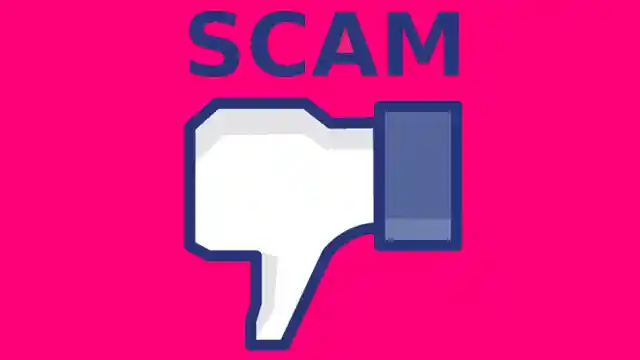

Facebook has been in the news recently for various scams being committed. Is the world’s most popular social networking site completely losing control of its users? Let’s explore the topic further.
One of the broader scams happening to Facebook users all over the world is that involving false friend requests. Many Facebook users are quick to accept friend requests in the hopes of appearing more “popular” to their other friends on Facebook. However, by blindly accepting requests, these users are making themselves vulnerable to scam artists who can procure their personal information and even go so far as to steal their identities.
According to Informations systems professor Grandon Gill, there is no one specific answer that will tell you why or how these people are sending you scam requests, but the important thing to know is to be cautious when screening friends. In an interview, Gill said, “For example, if there happens to be someone from the military in these networks, they might be able to start to pick up information from their profile that would identify for example who they are, where they are.” Because there are so many other networks with information about a person, piecing the parts together is not as difficult as it once was.
Another recent scam Facebook has seemingly been unable to control took place at New York University in Manhattan, New York. Last week, a Facebook group was created called, “NYU White Student Union” that alleged to promote “whiteness” and people of “European descent.” Though the group was quickly discovered to be a hoax, that didn’t make it disappear immediately. One of the group’s members had time to post something on Monday that incited an uproar. Part of it read “White students are the only group to be labeled as ‘problematic’ simply for existing and to have University classes dedicated to attacking their identity. This is why we are reclaiming the word whiteness and not letting the campus thought police define our identities for us.”
The group was later linked to a 4chan post asking people to create Facebook groups for a “European students union” at all of the most liberal colleges in the country. Though these occurrences are almost always linked back to someone who just wants to create controversy, they have the potential to become more insidious. Moving forward, we should think more about how much control Facebook really has over our lives.